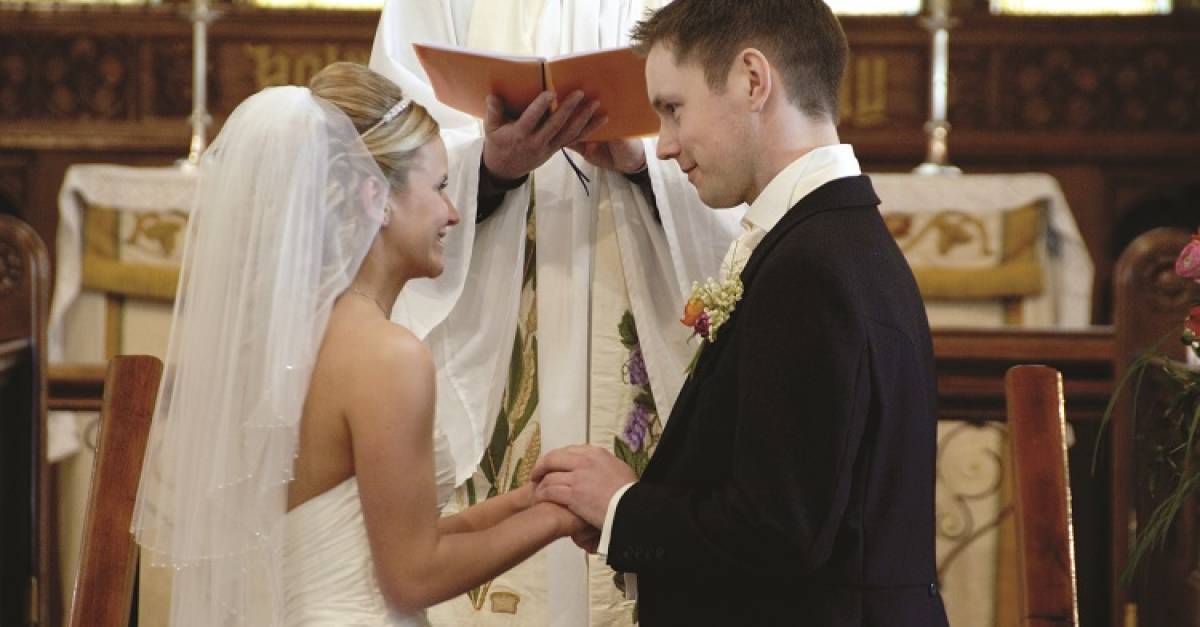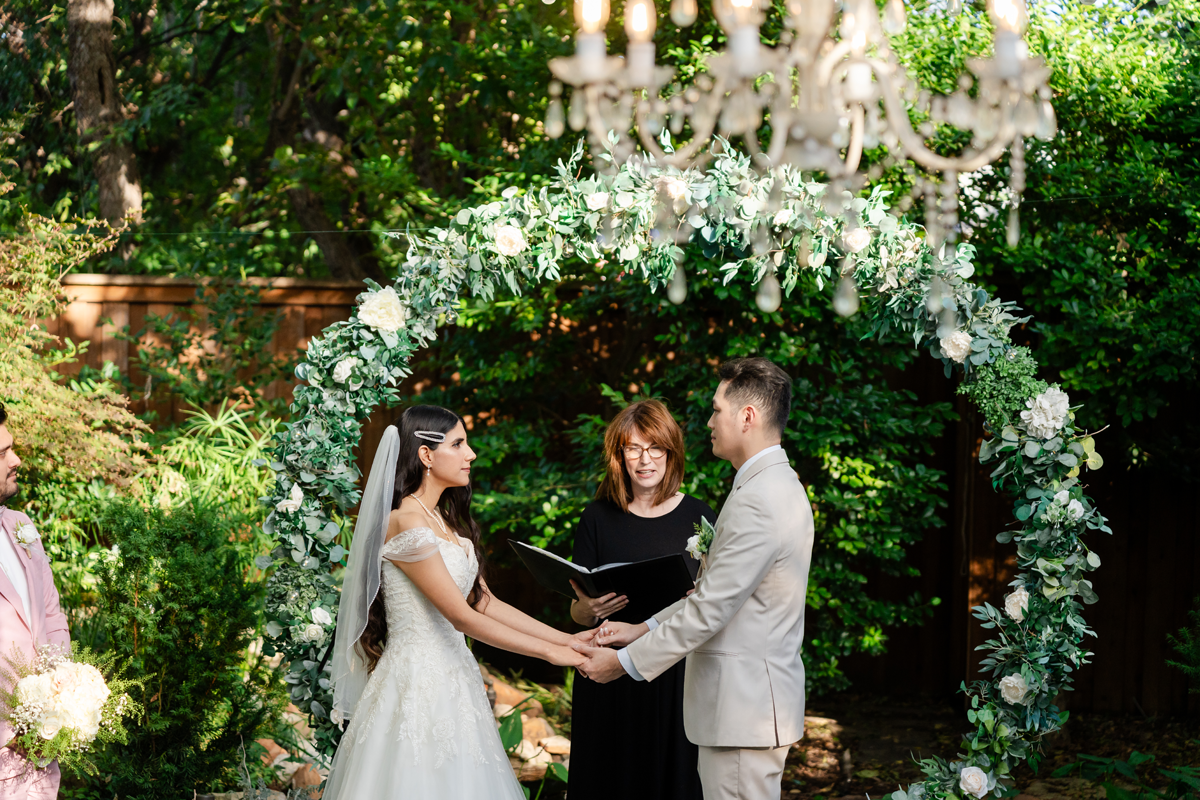The author of this article is a passionate researcher and storyteller, interested in how human experiences are affected by words. With particular emphasis on cultural customs, literature, and the philosophy of life, the author delves into such universal themes as the promise, trust, and love in their purest forms. Through considered long-form writing, they seek to convey the emotional resonance of ideas about things most of us take for granted – vows and commitments, for example – and to illuminate how these concepts reverberate throughout history, relationships, and spiritual practice.
Their aim is to produce content that not only educates but also serves as a reminder to readers to contemplate their own lives, relationships, and personal journeys. By digging into the idea of “vows vows,” the writer adds an interesting dimension that balances between what has been known in the past and what is known today, and this is why this article is both very informative and moving. Every word is written with the purpose of inviting readers to see vows not just as formality, but as something alive and powerful enough to change the way we relate to each other and to ourselves.
Introduction
The word “vows” is associated with permanence, seriousness and emotional weight. Vows are not like any other sort of promise and so the term is never used in a loose way. They are heavy because they represent not only what is articulated in an instant but as well what will be lived out over time. Adding the double affirmation strengthens the meaning, as though repeating the promise back to us, reminding us that these words are not light, passing breezes but echoes, returning again and again throughout our lives.
In almost all cultures, and throughout human history, vows have existed as sacred pledges of allegiance, be it to another human being in love, to a community, or to a higher spiritual power. They are both intensely personal, yet universally celebrated as the basis of trust, loyalty and moral integrity. In our minds, when we hear the word vows, we probably think of wedding ceremonies. The exchanging of words between partners before families and communities serves to emphasize the seriousness of the vows that bind two lives together.
But marriage is just one context for vows. Vows may be religious, as taken by monks and nuns who have taken vows as part of their lifelong commitment to the monastic order, or they may be personal, as taken by the individual as a private promise to oneself in seeking growth, healing, and transformation. The repetition of the phrase “vows vows” creates a poetic emphasis that these commitments are not to be uttered a single time and then forgotten but are to be renewed, revisited, and perhaps even reaffirmed as the poet progresses through life.
This article will delve into the richness and the fullness of vows vows, transcending beyond their ceremonial role and into the realm of their living essence as potent commitments that mold lives. As we consider what it means to say “vows vows,” we learn to think of vows not just as words but as living words, as resonances that tie us together across time, relationships, and belief systems.
The Origins of Vows
vows vows are as old as civilization. In early societies, oaths were frequently made to gods or to spirit powers of nature. Ancient people believed spoken words had power and when those words were molded into vows they formed binding contracts with the unseen world. For instance, warriors might make promises to be victorious in battle in return for offerings, farmers might make promises to respect the land to produce a good harvest. World religions also, in turn, further cultivated the commitments as sacred technologies of devotion.
In Christianity, monastic orders evolved and adopted the vows of poverty, chastity, and obedience which was taken as a lifelong commitment and was to be the order of a monk or a nun’s life. In the Hindu tradition vows are most frequently associated with ritual and sacred observance, such as fasting or devoting one’s energy to prayer, and become visible expressions of spiritual commitments. Vows also play an important role in Buddhism, where Buddhists make commitments to follow paths of compassion, non-violence, and mindfulness.
These are not one-off commitments but lifelong commitments that are reaffirmed each and every day. The phrase vows vows has a very appropriate ring to it, in the context of such ancient practices. It is a symbol of the depth with which vows were held, the keynote of which was not merely that vows were made once and then forgotten but that they were held intact, transmitted by tradition, and repeated down the ages in prayer and ritual.
Vows in Love and Marriage
Perhaps no promise is more well known today than the marriage vow. The exchange of words that takes place during a wedding ceremony is often regarded as essential to the ceremony; two individuals making a solemn commitment to each other. These vows usually include not only the promise to love, honor, cherish and stay true, but also to stay with one another in sickness or in health, for richer or poorer, and until death do them part. Yet wedding vows are not limited to the ceremony. Their real measure is in years afterwards. Marriage is not the day of their wedding – it is the daily acts of love, compromise and sacrifice that give life to the vows.
But saying “I do” is only the beginning and the true meaning of vows lies in every decision the couple makes after the wedding, particularly when times are hard. The expression of vows vows in marriage is the true form of this fact. It teaches couples to remember that their promises are not to be just mentioned but to be repeated again and again, not just once but every day. Some couples even choose to remake their vows after years of marriage, as a symbol of the longevity of their love and the strength of their promises.
This reaffirmation of the vows to each other gives a new meaning to the visual rhythm of this piece, the doubling of vows that underlines the principle that commitments are strengthened by time, repetition and experience.
Vows in Spiritual Life
In the world of spirituality, vows acquire an even more transcendental nature. A promise to God, to a spiritual tradition, or to a moral ideal is not a relationship between two human beings but a relationship between the human being and the divine. Spiritual vows are usually intended to go beyond ordinary living and join one to the eternal. By way of example, when monks make the vow of silence or renunciation, they do it in order to devote their life to contemplation and service. Their sworn oaths denude them of distractions, so that their lives become devoted to sublime ends.
In the same way, in Buddhism, vows of compassion and moral behavior are made not only towards spiritual development of the practitioner but also to the well-being of all creatures. The repetitive nature of these vows is emphasized in the fact that they are repeated every day during the prayers and meditations. The vow of vows is the capture of this spiritual commitment.
It reflects the fact that vows are not to be uttered once but to be practiced daily, imbued in every word, every decision and every deed. The spiritual vows are never completed and they are renewed with every devotion, every reaffirmation of faith, and every step that is taken in the enlightenment path.
Personal Vows and Self-Commitment
Although vows vows are usually referred to by religion or marriage, they are also of great significance in self development. It is common to hear many individuals give promises to themselves as a form of creating their destiny. Such vows can be commitments to mend broken fences, to live with integrity, to quit harmful habits, or to live a purpose in life with a sense of focus. In contrast to the public vows that are pronounced in front of other people, personal vows are most of the time personal, whispered in the heart, but no weaker.
Here the repetition of vows vows is heard. The personal vows should be reinforced at all times since the world is full of distractions and temptations. An individual who promises him/herself to lead a healthier lifestyle or to quit bad habits has to rephrase the promise on a day-to-day basis. Every little discipline or self-care is a restatement of that pledge. In this way, the term vows vows can be seen as a credo of perseverance, the reminder that something really needs to be changed with not only words but also deeds.
The Renewal and Repetition of Vows
The ability to be renewed is one of the most interesting features of vows. The way couples make renewal of their wedding vows, the spiritual practitioners renew their vows by repeating prayers and rituals. This repetition is not meaningless, on the contrary, this repetition brings the commitment back to life. Going through vows again we understand that life evolves, conditions change and we know better what promises we should make.
The only thing that best describes this process is the phrase; vows vows. It is like vows are calling us back and they are saying not to forget but to remember, repeat and experience. Vows are made to last by repetition. Unrepeated they are likely to be forgotten words of the past, repeated they tend to become guiding principles that keep us situated in the present, and cast us off into the future.
The Fragility and Strength of Vows
All the vows are contradictions, weak and firm simultaneously. The vows may be broken on one side and when they are, betrayal hurts. Breaking wedding vows can lead to heartbreak or divorce whereas breaking spiritual vows can lead to guilt or failure feeling. But it is this weakness that shows them to be strong. A vow is broken, and this is painful since the vow was significant, since it had such a significant depth.
Living by vows is to know that they are two sided. They also need care, nurturing, and day to day affirmation. Vows are the best building blocks on which lives are made when honored. This paradox is reflected in the very title of Vows vows and is the reason why it is so important to remember that the vows are not only to be said but should be continuously maintained, observed, and supported, as it is only in the repetition of the vows lived in that the vows are preserved.:max_bytes(150000):strip_icc()/traditional-vows-facebook-molly-carr-5-1-2abb18b5694e4b0893c1c3daaa707fd3.jpg)
Vows in Culture, Literature, and Memory
Vows have been a common theme throughout literature and cultural expression. They are found in epics, where soldiers make vows of obedience to their kings, poetry, where lovers give vows of undying devotion, and in contemporary novels, where characters struggle with the results of unfulfilled commitments. Vow words language is universal since it draws on the most significant of human emotions: love, trust, betrayal and hope.
In Shakespeare plays, vows in particular, frequently assume a pivotal role in the action, and they are both beautiful and vulnerable. Through word vows, countless love poems of all cultures bind two hearts even when separated by space or even by death. This is an element of literary truth the phrase vows vows alludes to–the repetition of promises over time, promises which do not wither or fade but re-resonate with generations and stories.
Conclusion
Fundamentally a vow is not just a statement, but a breathing living commitment. vows vows have an aura of permanence which transcends the time of production, whether spoken during love, whispered alone, or stated during an act of worship. The words vows vows makes us aware of the fact that these commitments are not to be uttered once and forgotten but echoed throughout our lives repeated, reaffirmed, renewed in the same way and again and again. A vows vows is as powerful as the words that you say, but as the things that you do.
Whether it is a day that a vow is remembered, it becomes stronger. Whenever it is repeated, it makes it stronger. To live in vows vows is to live honestly, to live with love and to believe in something bigger than oneself. Finally, vows vows is not just a sentence, it is a prayer on the importance of promises. It is a resonance of the human desire to commit, to relate, and to think that words can work when they are respected. In knowing the vows in their every dimension, we find that they are the fibers that give relationships, spirituality, literature, and personal growth a collective cloth of meaning.
Frequently Asked Questions
What do we mean by the statement, vows vows?
The words vows vows imply that the vows are spoken and must be remembered, repeated and lived. It underlines the fact that vows are significant words as well as actions. The actual meaning is in the attempt to preserve them throughout the time.
So what is the importance of vows in relationships?
vows vows create trust and a sense of commitment in relationships. They lead the couples in these happy and difficult moments and create a mutual sense of responsibility and devotion. Without vows, relationships will be deprived of permanence that serves to connect people even during the rough times.
Are there vows that are not religious and/or in marriage?
Yes, a vows vows may be a personal commitment to self, e.g. achievement of objectives, renunciation of habits, or living within some values. The strength of these personal commitments is that they are the manifestation of commitment to self-development and honesty.
What is the difference between spiritual vows and other vows?
Spiritual vows are channeled towards greater things such as devotion, service or moral behavior. They bind the person to something that transcends him/her, unlike marital vows, which tend to define the life and character of a person forever.
Are vows to be repeated or renewed?
vows vows are reinforced by repetition. Challenges in life may make promises to be broken and renewal of vows holds the promises important. Couples, religious practitioners or persons can re-affirm their vows in order to reaffirm its importance and commitment.
What will happen to vows that are violated?
Unfaithfulness can make one hurt, distrustful, or guilty. Yet they can also give a chance to look back, forgive and be renewed. It can be even more significant to restore a vow that failed.
Is a vow an ordinary promise?
vows vows are not just ordinary promises, they have more emotional, moral or spiritual meaning. They are usually life time obligations and their violation has more repercussions than the violation of the usual promises.

